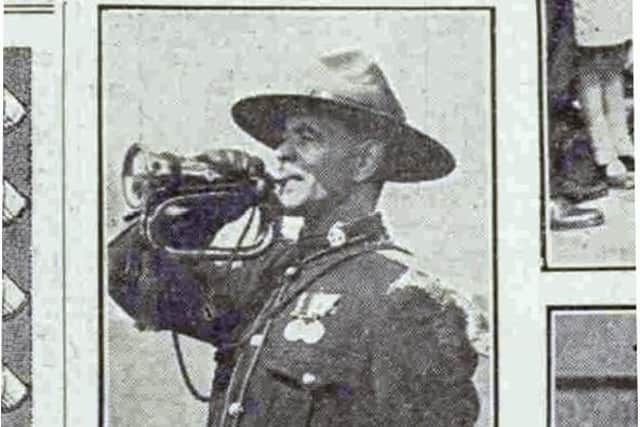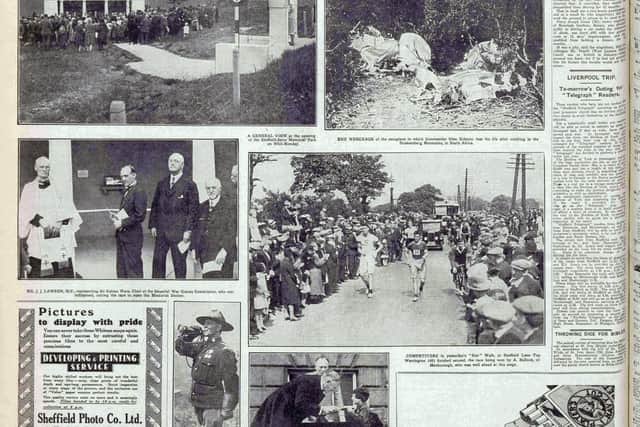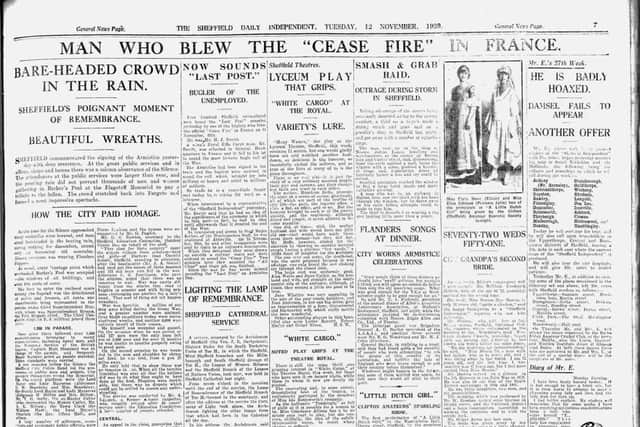The young Sheffield man who signalled the end of World War One '“Â 100 years ago tomorrowÂ


 Stannington lad Heber Joseph Revitt joined up to fight in the war as a teenager, at first with the King's Own Yorkshire Light Infantry, then later was transferred to the Royal Munster Fusiliers.
Speaking in 1932, ex-Private Revitt told a newspaper how he sounded the ceasefire outside the railway carriage in France where the armistice was signed. He was Field Marshal Earl Haig's trumpeter, based at general headquarters in France, and was sent for on November 10, 1918.
Advertisement
Hide AdAdvertisement
Hide Ad

He and eight other soldiers travelled on a locked train and were told they were to go on parade. The next day they got off at woodlands and the order was given for a slow march. Revitt said he turned his head to the right and saw a European railway carriage and was sharply ordered: 'Look to your front'.
They were told to halt, then: 'The Sergeant-Major stood in front of us with his watch. Seconds ticked slowly by. Then his voice: '11 o'clock, the 11th of November, 1918. Buglers ready. Sound the Cease Fire!'
'There was a silence for two minutes and when this had elapsed, then came the order: 'Sound the '˜All Clear'.' We did so.
'Our duty was done and we marched away from the railway coach ignorant (for none of us saw anyone enter or leave it) of the fact that the Armistice was signed there.
Advertisement
Hide AdAdvertisement
Hide Ad

'We had sounded the last two, the most historic, of the bugle calls of the Great War in France, but none of us realised the great honour that had been conferred upon us when we were chosen for such a duty, nor could we then foresee that for the rest of our lives we were to carry the unique honour of heralding the bugle calls of peace to the world.'
He added: 'When I knew I was one of those who had been the means of heralding joy to millions of soldiers of all nations and to many millions of homes, my thoughts were of the comrades I had lost. They had died that we might live.'
Private Revitt's story was researched by Stannington Players, who have played war characters at services at St Nicholas' Church, High Bradfield. He later played bugle at Remembrance services in Sheffield.
He also played at the opening of the Serre Memorial Park in France in May 1931.Â